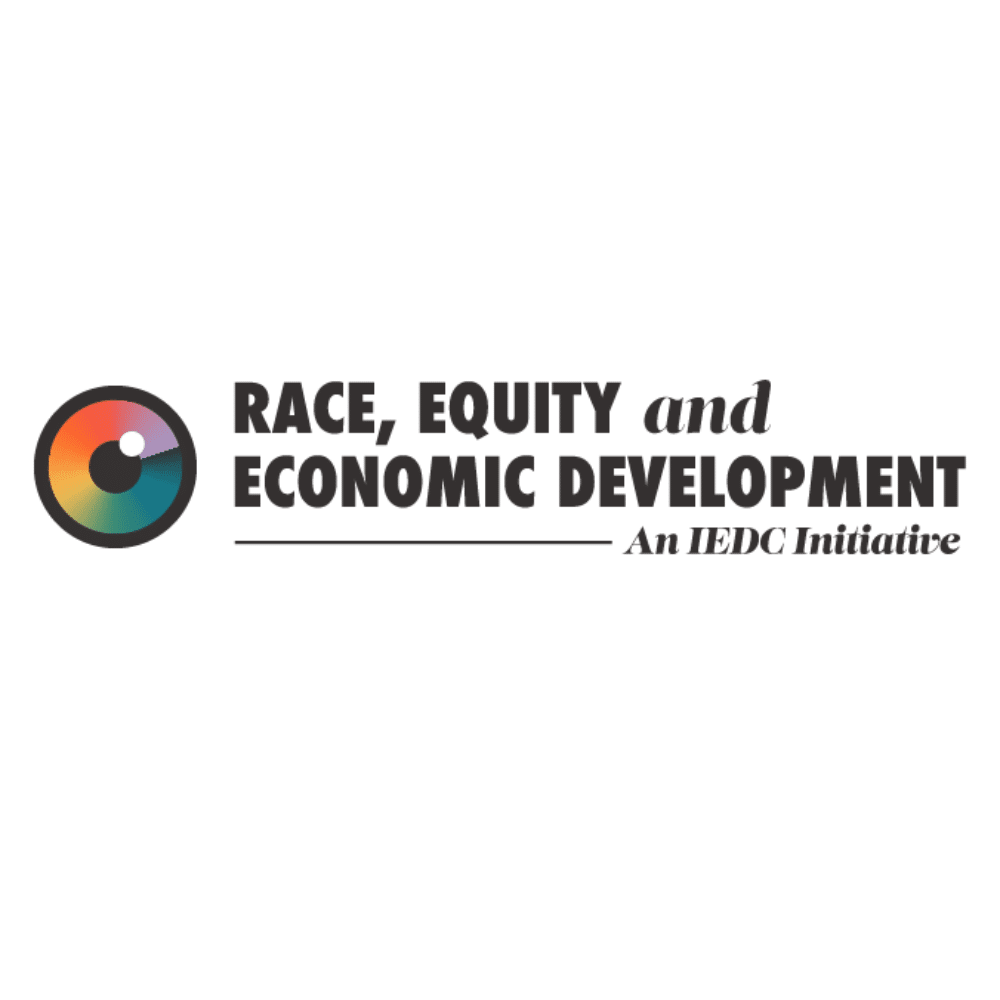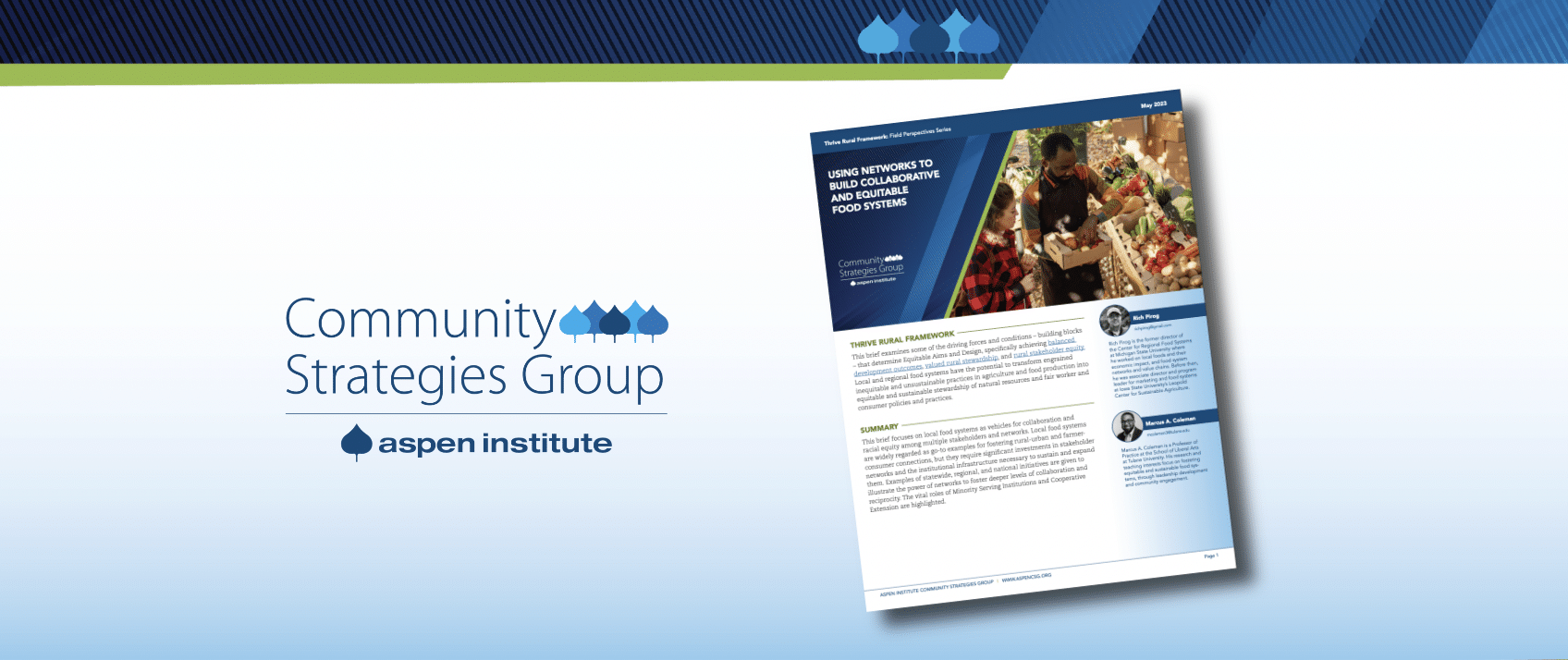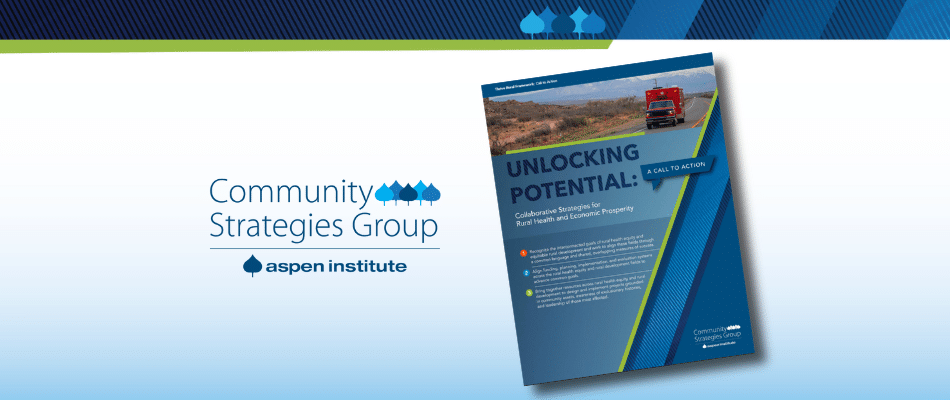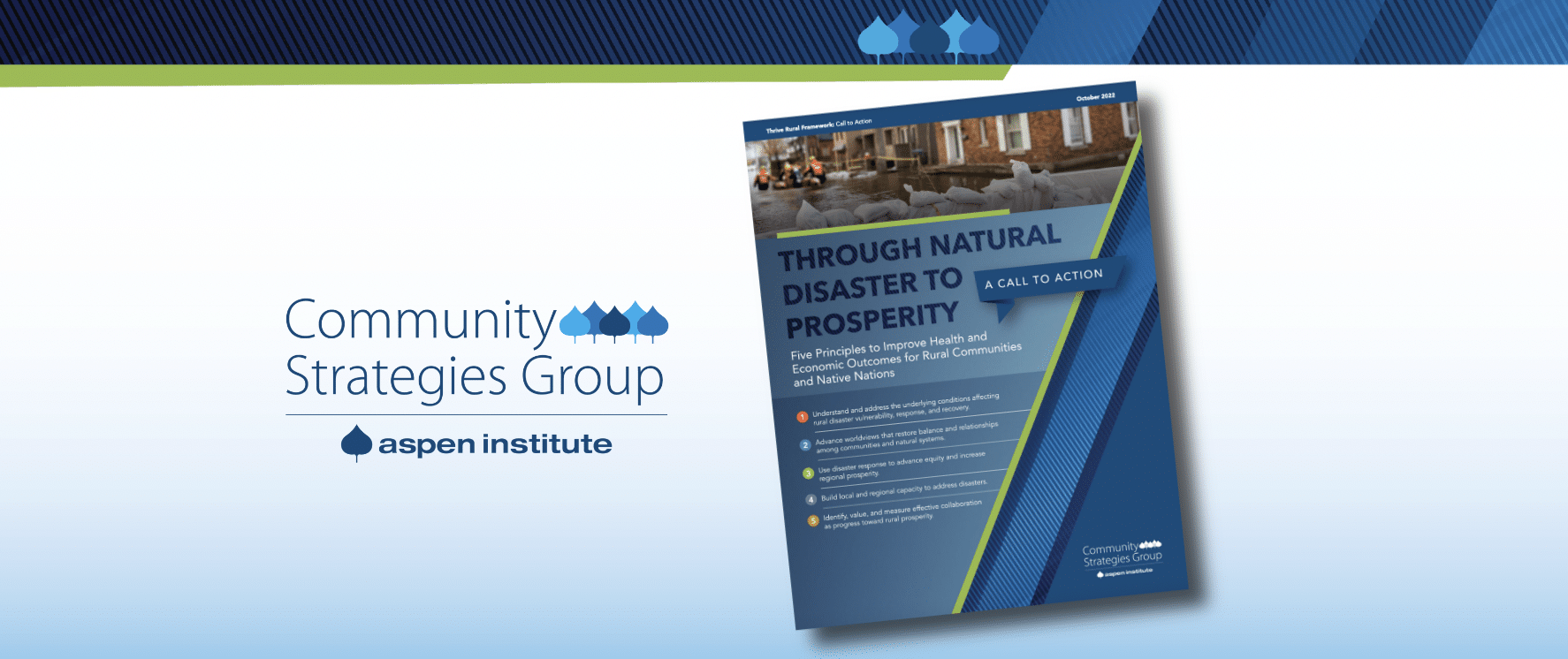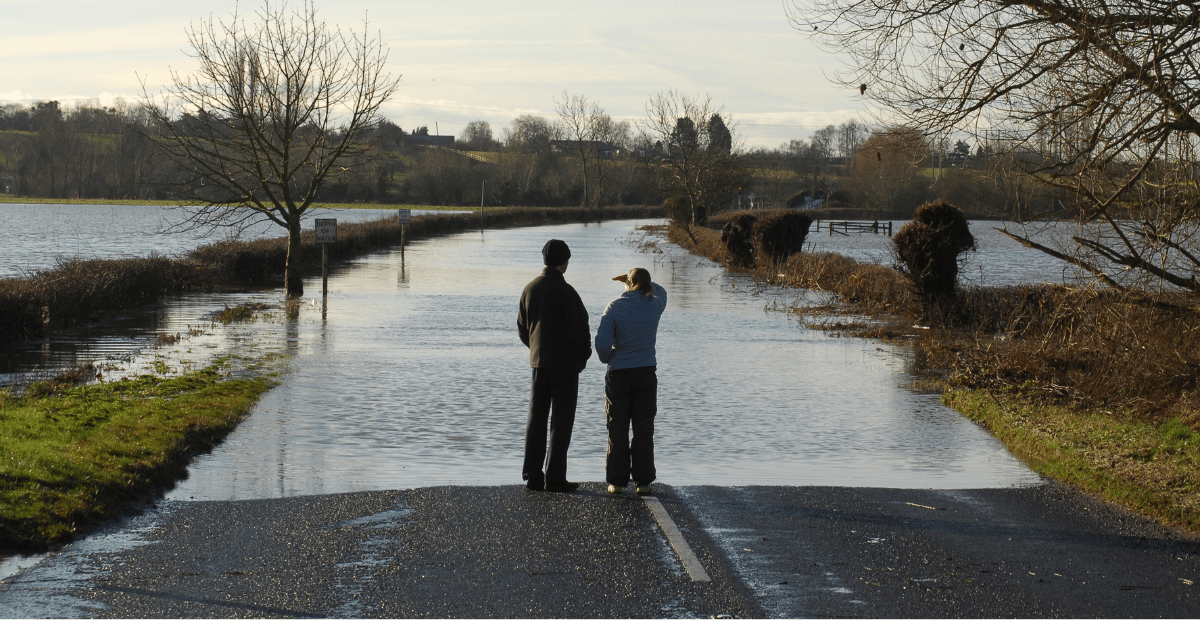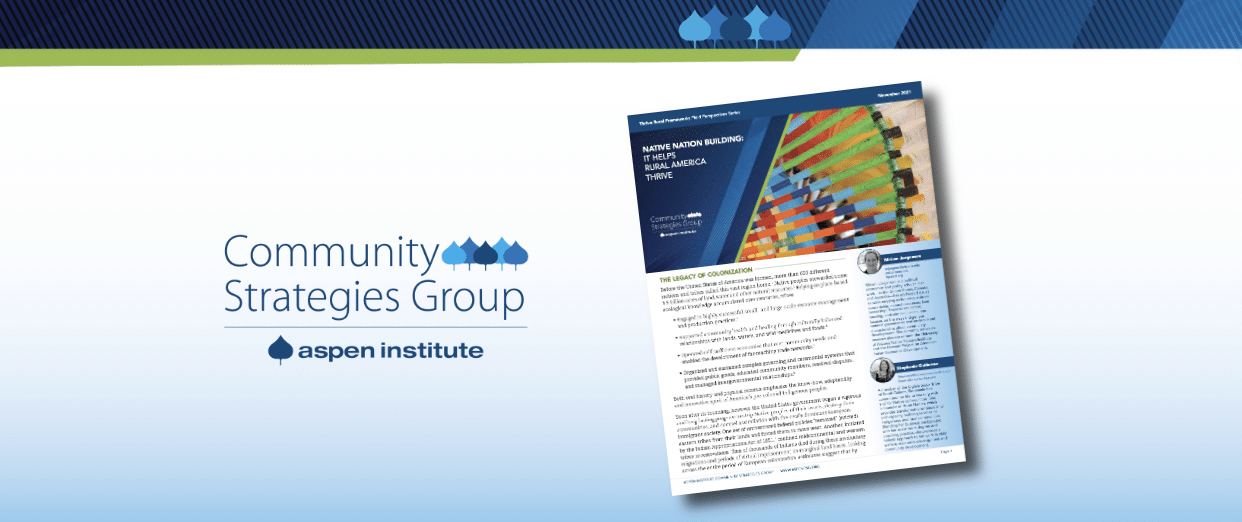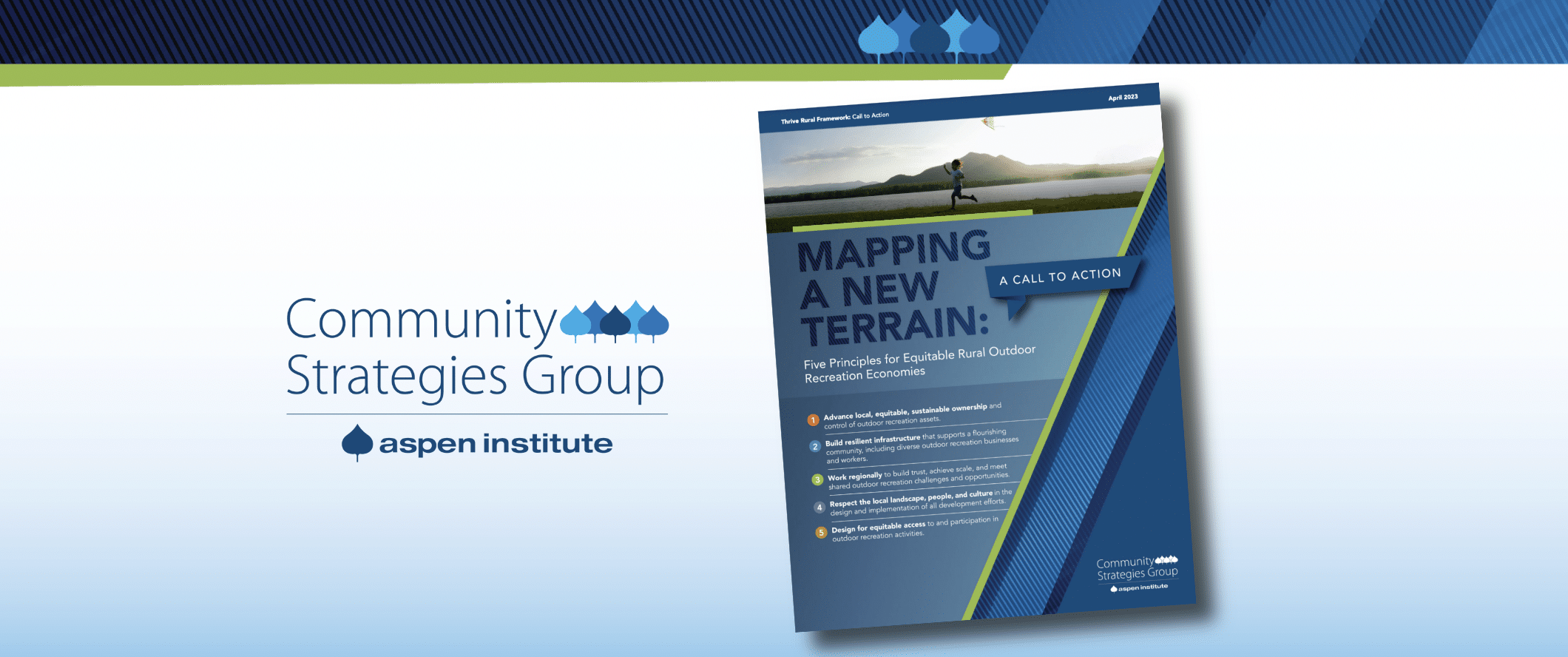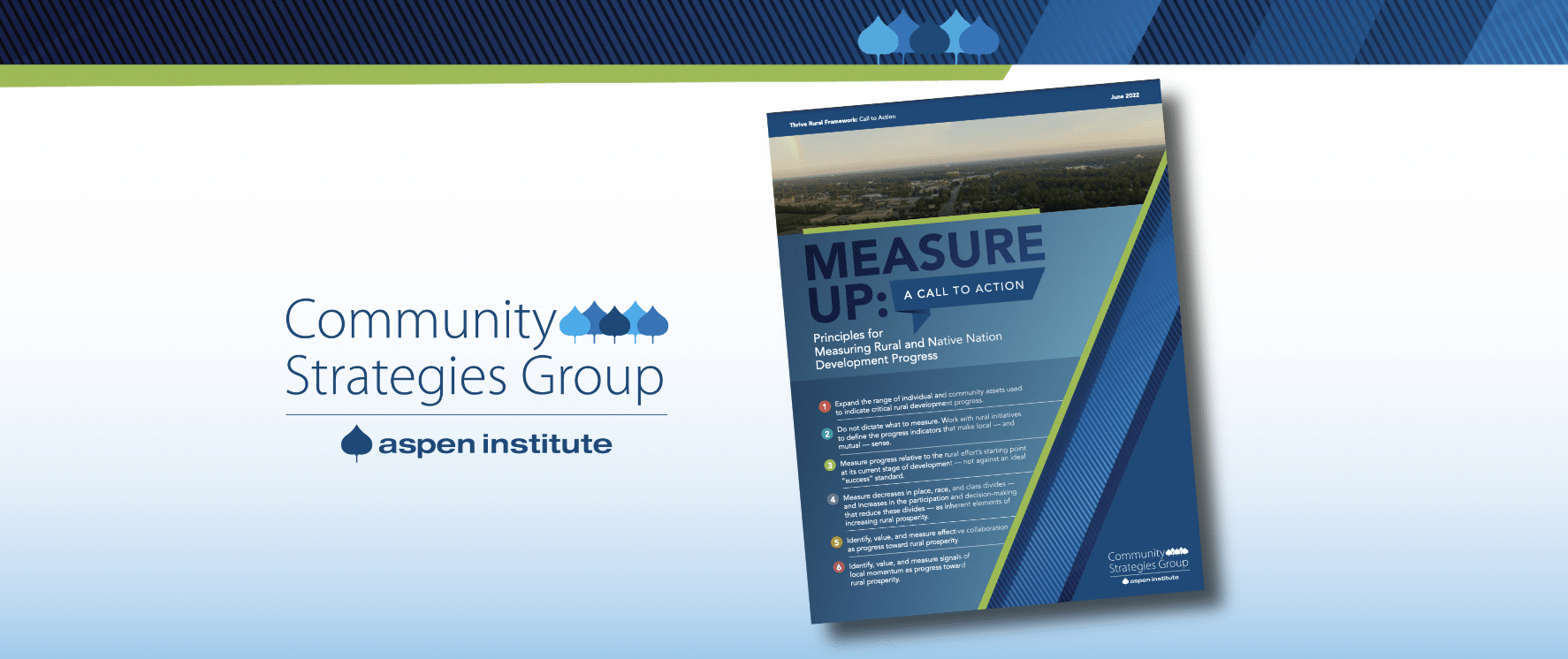Return to Thrive Rural Network Resource Center
EQUITY
Recognizing and investing in race, place, and class equity in rural America is a crucial first step toward strengthening rural and Indigenous communities and the nation as a whole.
Exclusion based on place, race, and class has negatively affected rural Americans both historically and today. These three characteristics are interwoven and look different in different rural places.
Rural America is becoming increasingly diverse; 24% of rural Americans are people of color. And equity affects rural people in profound ways; 70% of the 475 US counties with persistent poverty are rural.
From Alaska Natives to the majority-Black towns of the Mississippi Delta and from the growing Latino population in the Great Plains to the Gullah/Geechee Nation on the Atlantic coast, every rural community faces its own challenges and boasts unique assets.
Recognizing issues of place, race, and class equity and investing in solutions are crucial to helping rural communities and regions achieve their full potential.
eQUITY Research & Resources
EQUITY IN ACTION

A Conversation with NEF about Low Income Housing Tax Credits, Preservation, and Workforce Housing
Rural LISC
In a webinar organized by Rural LISC, experts from the National Equity Fund provide an update on tax credit pricing and what makes a rural tax credit project attractive to investors.

Federal Farm Bill: Big Impacts in Rural Communities
Rural Development Initiatives (RDI)
Despite its name, the Farm Bill impacts far more than just farmers and ranchers. It’s a complex package of federal legislation signed into law every five years that has sweeping effects. Rural Development Initiatives explains what’s in the Farm Bill and what it could mean for rural communities if the Farm Bill is not extended.

Transforming Persistent Poverty in America – How Community Development Financial Institutions Drive Economic Opportunity
Partners for Rural Transformation (PRT)
Eight out of 10 US counties in persistent poverty are nonmetro, and the majority of people living in persistent poverty counties are people of color. PRT examines structural exclusion that affects the nation’s most distressed communities and proposes recommendations to create conditions that advance social and economic opportunity.

Honing in On Home: Breaking Barriers in BIPOC Homeownership
Partners for Rural Transformation (PRT)
A cornerstone of the “American Dream” is owning a home. For many in rural America, this vision seems nearly impossible, especially for people of color. PRT and HOPE examine policies and lending practices to help address the challenges they face and close homeownership gaps.

Resilience and Recovery: Insights from the July 2022 Eastern Kentucky Flood
Housing Assistance Council (HAC)
Reflecting on the Eastern Kentucky flood in 2022, the Housing Assistance Council highlighted challenges limiting the resilience of rural communities, including the prohibitive cost of flood insurance, affordable housing shortages, and floods affecting the labor force.

Identifying Policies That Advance Racial & Economic Justice in Rural Places
ChangeLab Solutions
Tailoring policies to rural BIPOC communities’ unique conditions is crucial for advancing racial and economic justice. Inclusive decision making that considers local assets, priorities, and challenges can drive impactful change.

Growing Equitable Outdoor Recreation Economies
Discussion with rural leaders on the opportunity equitable outdoor recreation economies pose to rural areas.

Connecting to Family, Community, and Heritage in Eagle Butte, South Dakota
Brookings Institution
In a podcast episode, Brookings Senior Fellow Tony Pipa visits Eagle Butte, South Dakota, to hear how local business owners, tribal administrators, and leaders from the Four Bands Community Fund are working to build credit and center local voices in development.
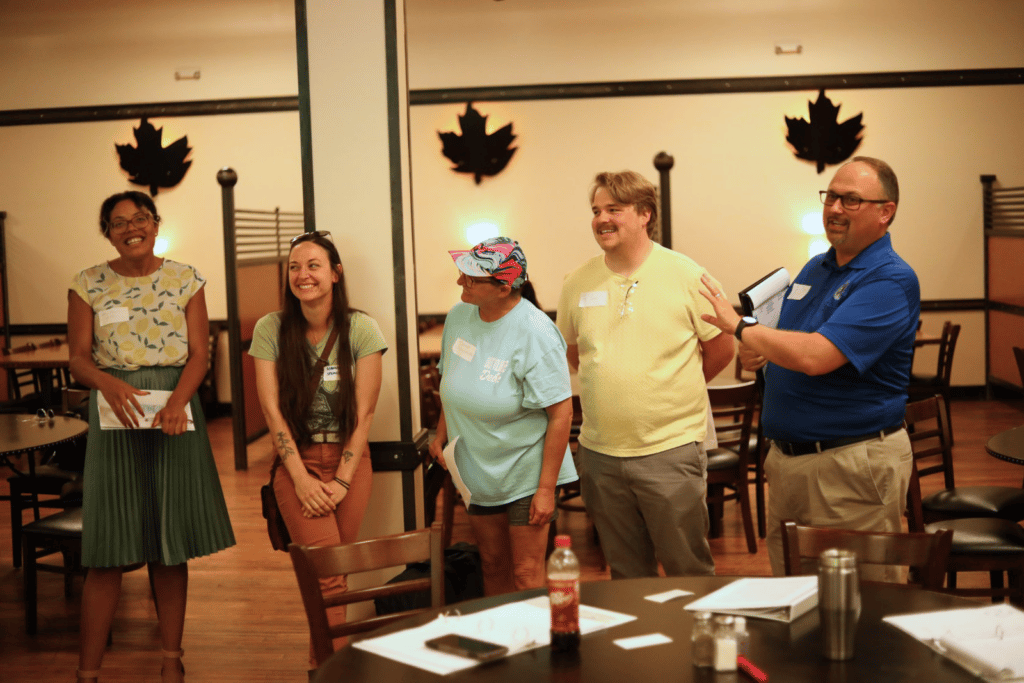
Communicating to Connect: moving beyond neutrality
This short case study has insights and tips to move beyond neutrality and still communicate effectively across the political spectrum.

Who Lives in Rural America? The Geography of Rural Race and Ethnicity
Center on Rural Innovation (CORI)
How are racial and ethnic groups distributed across rural America? What are the historical factors that have influenced the current geography? Learn more about who lives in rural America from CORI’s Rural Aperture Project.

Promoting Health Equity in Rural Communities
ChangeLab Solutions
Health equity in rural areas demands acknowledgment of racial diversity and past injustices. Engaging communities and building local partnerships are key when developing policy to address disparities in rural health. ChangeLab Solutions discusses lessons they have learned that can benefit policymakers and partners seeking to address health equity.

Building on a Legacy of Community Resilience in Sunflower County, Mississippi
Brookings Institution
In a podcast episode, Brookings Senior Fellow Tony Pipa visits two towns in Sunflower County, Mississippi, to hear how local leaders and homecomers—those returning to their rural hometowns—describe their efforts to build communities where people want to live. They highlight the role of beauty and leisure in achieving their visions.

Weaving Health Equity and Rural Development Through Data
Learnings, insights, and resources to better understand where progress is needed on weaving health equity and rural development and what wins we all can celebrate.

Using Relational Leadership to Build Power Together
This short case study has insights and tips on how communities that have been historically and systematically excluded can develop authentic and effective leadership that builds power to challenge the status quo.

Broadband Connection in Rural Communities
ChangeLab Solutions
Improving rural broadband is key to enhancing health, education, and economic equity. It helps ensure access to health and emergency services and reduces the digital divide that disproportionately affects BIPOC and low-income families. Explore how increasing capital access and flexible policy strategies can advance rural life.
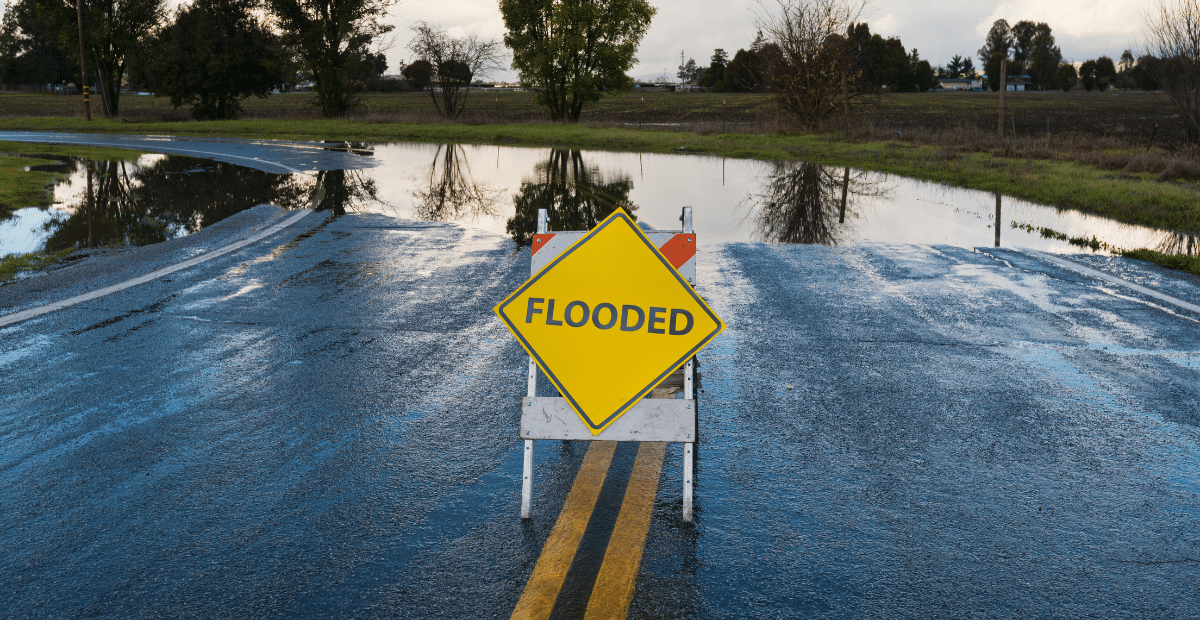
Strategies to Address Rural Flooding
Insights from practitioners in rural places experiencing repeated disasters on what it will take to for rural communities to drive their own solutions.


